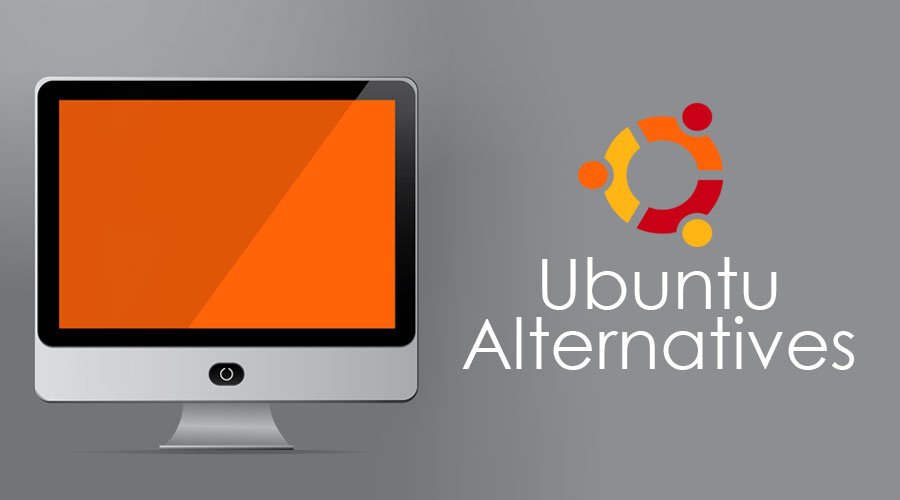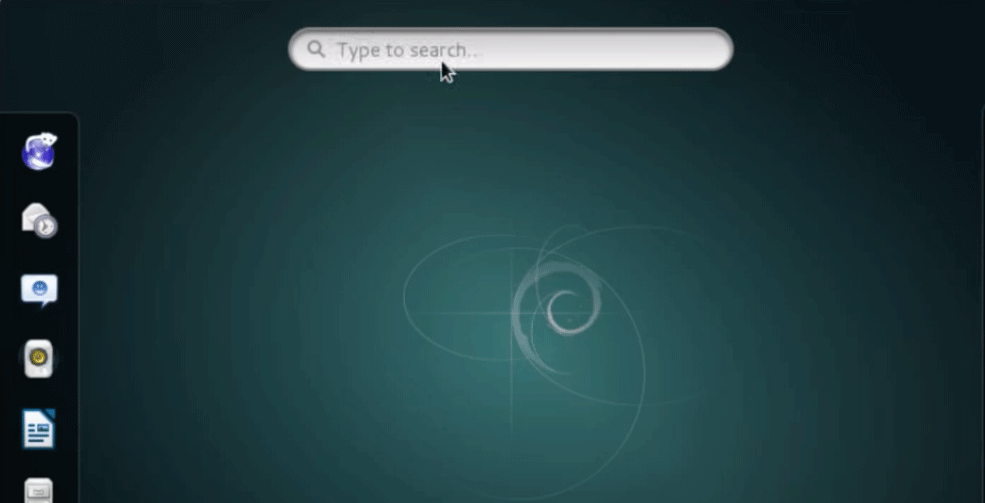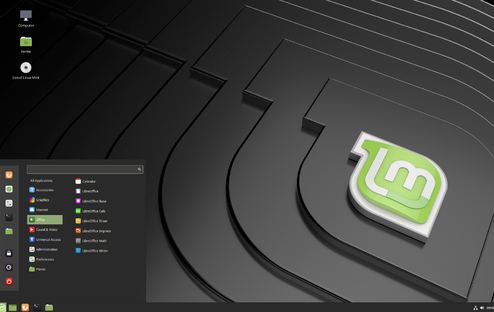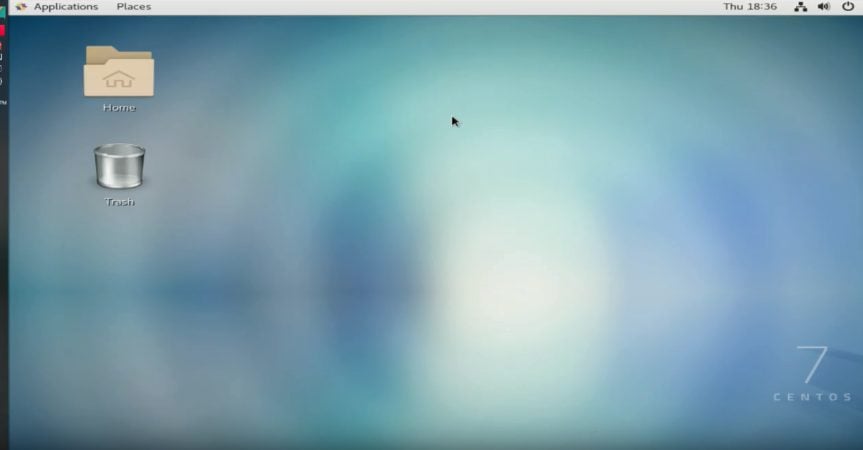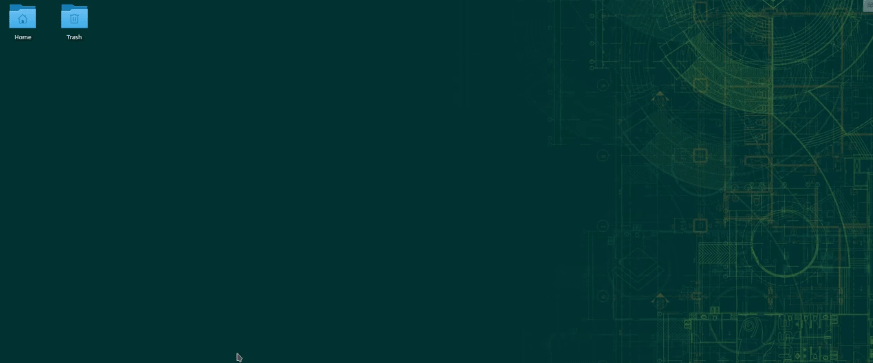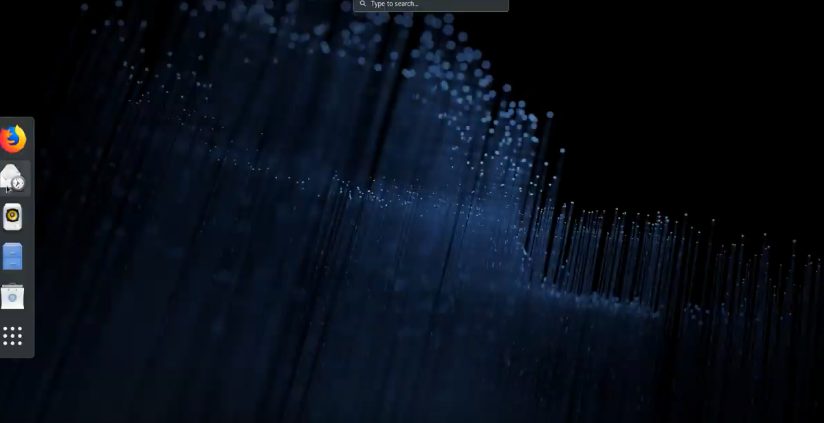Updated May 16, 2023
Introduction to Ubuntu Alternatives
Many of you might know the free and open-source Debian-based Linux distribution and operating system, specifically for cloud computing and OpenStack purpose. The default level of Ubuntu installation contains a variety of software such as LibreOffice, Thunderbird, Firefox, Transmission, etc. Ubuntu software centre allows using many third-party software applications and APT-based packaged management tools. Ubuntu forms a part of the General Public License (GPL), and all the application-level software installed is free by default. If you talk about security, it comes with a default set of pre-built security-related features as the users run on low privileges and, therefore, cannot corrupt other users’ files and the directory. The user utilizes sudo and sudo su-like commands to obtain temporary administrative access, ensuring the security of the root user by restricting file access to the root directory.
Top 6 Ubuntu Alternatives
1. Debian GNU/Linux
Debian is one of the Ubuntu alternatives as it is a freely available distribution over the internet offering stable CD images specifically meant for GNOME. In Debian, finding help is extremely easy as it is one of the most popular distros; therefore, many of the community are there to support and assist those needing help. It has a standard Linux-based desktop and not some specialized desktops, making it easier and more convenient for people to use this. It also provides a vast variety of hardware platforms and packages which are very helpful when it comes to enhancing the support and the productivity of the application. Another reason to choose Debian is its offering of a high level of security and stability, which establishes a solid foundation for a robust operating system through rigorous testing of packages before they are productized.
Link: https://www.debian.org/distrib/
2. Deepin OS
Deepin forms another one among the list of Ubuntu alternatives. One of the prime reasons it is an excellent alternative to Ubuntu is its interactive and design-based desktop interface. Simple activities such as sharing, searching and moving around are quite easy in this interface. It can look like a mac based operating system and a Windows-based operating system. It would be best if you changed the mode from Fashion to Efficient. It also provides a rich set of apps to simplify your daily tasks. It gains recognition for its automatic clearing of the package cache, resulting in faster program execution and launch than other operating systems in its league. It also has varied support for plugging graphics cards, providing a rich gaming experience.
Link: https://www.deepin.org/en/download/
3. Linux Mint
Linux Mint is a modern-looking operating system that becomes convenient for people who still find it easy to use traditional operating systems. It has huge release support. The simple and elegant user interface, which goes by the name of Cinnamon, can customize many desktop features. It is derived from Ubuntu and shares the same code base; hence, all the underlying features are well-standardized and well-built, like those of Ubuntu. Many other applications are forked and meant to be used by the masses. It is the best bid for the people who want to extend the capabilities of Ubuntu but with the traditional look and feels user experience.
Link: https://linuxmint.com/download.php
4. CentOS
This is one of the most famous alternatives present for Ubuntu today. It is a stable operating system based on Red Hat Linux with a modern desktop environment and comparatively easy installation. CentOS is the community version of the Red Hat Linux Distribution and is probably one of the most popular Linux distributions and versions ever used. The GNOME project provides the default look and feel, which is extremely easy to install. It uses the Anaconda installer, which is more or less the same as the Fedora Linux Distribution. There is no comparison to the quality and quantity of applications installed in CentOS and Ubuntu. The primary difference lies in the fact that it uses Red Hat Linux Distribution and not Debian or Ubuntu, and therefore, there can be a slight difference in commands that can be seen.
Link: https://www.centos.org/download/
5. OpenSuse
The rich set of applications, features, and GNOME-based desktop interface makes OpenSuse a good fit as an alternative to Ubuntu. The two versions, Tumbleweed and Leap, have their mechanism regarding the update frequency. Tumbleweed receives rolling updates, so you don’t need to worry about the installation part once you install it. On the other hand, Leap is a point distribution that is responsible for periodic updates. Generally, this periodic cycle occurs over 6 months. Regarding package management, OpenSuse also leans towards the Red Hat side rather than the Debian or Ubuntu-based side. The Unique selling proposition of OpenSuse, however, is its stability. It includes the software, tools, and applications such as Firefox web browser, music player, video player, etc.
6. Fedora
The Fedora distribution is one of the best alternatives for Ubuntu, as RedHat backs it and constantly focuses on innovation. It uses the latest software and extensively tests before releasing its product. It was out-of-the-box integration with GNOME and spins and labs, specifically different images with WM/DE and particular themes, along with fast, stable updates and high performance. One of the main features of Fedora is that installation is also possible on the hard disk’s bad sectors and provides a vast array of binary packages ready for installation.
Link: https://fedoraproject.org/
Recommended Articles
This has been a guide to Ubuntu Alternatives. Here we have discussed the introduction and top 6 popular Ubuntu alternatives. You may also look at the following articles to learn more –

